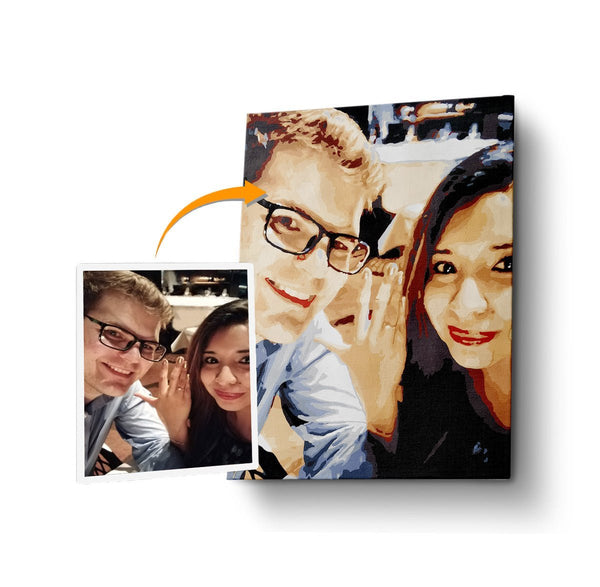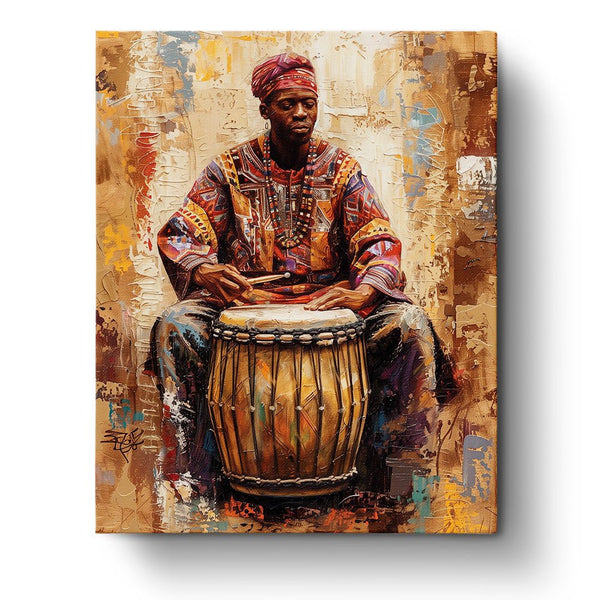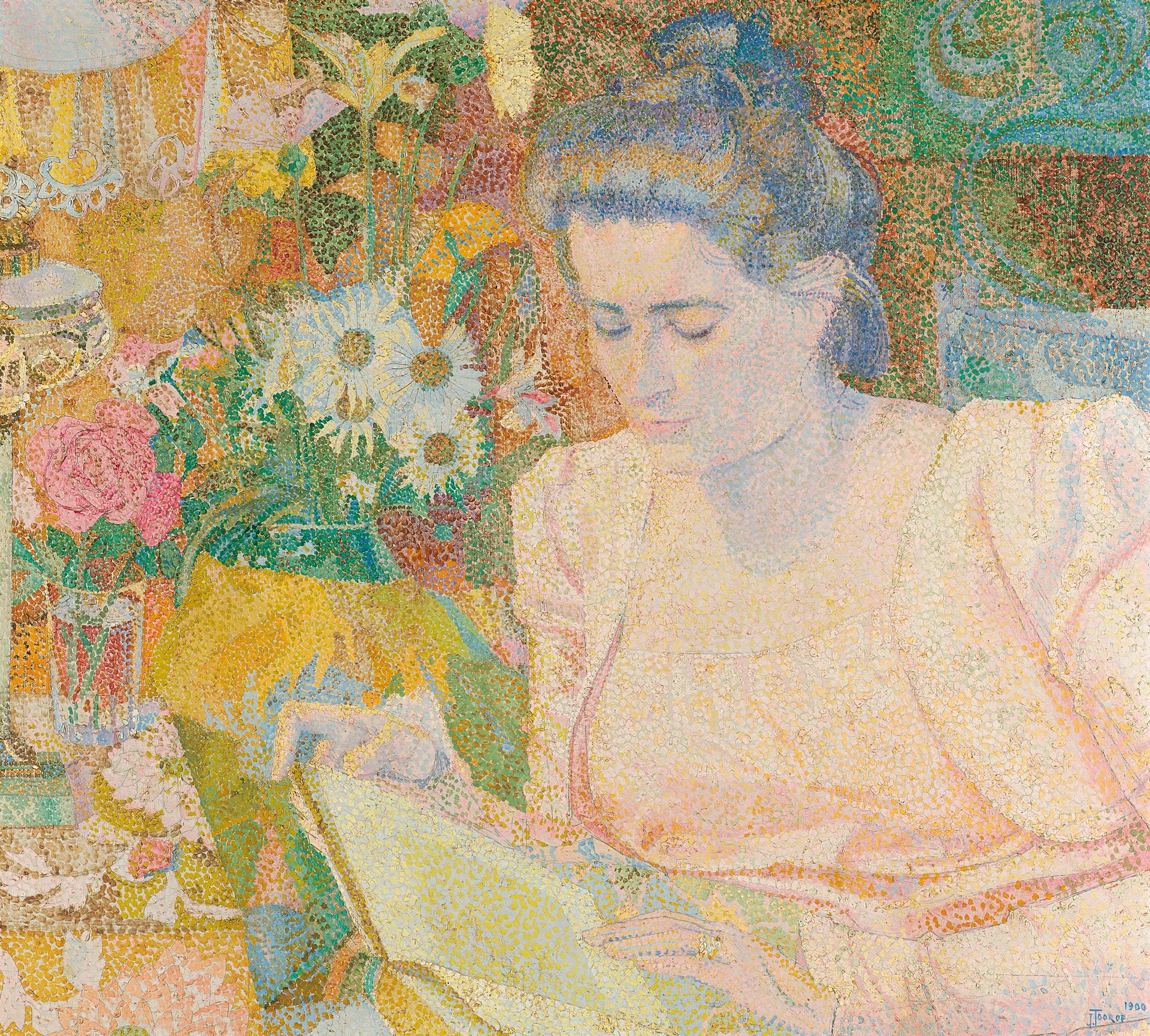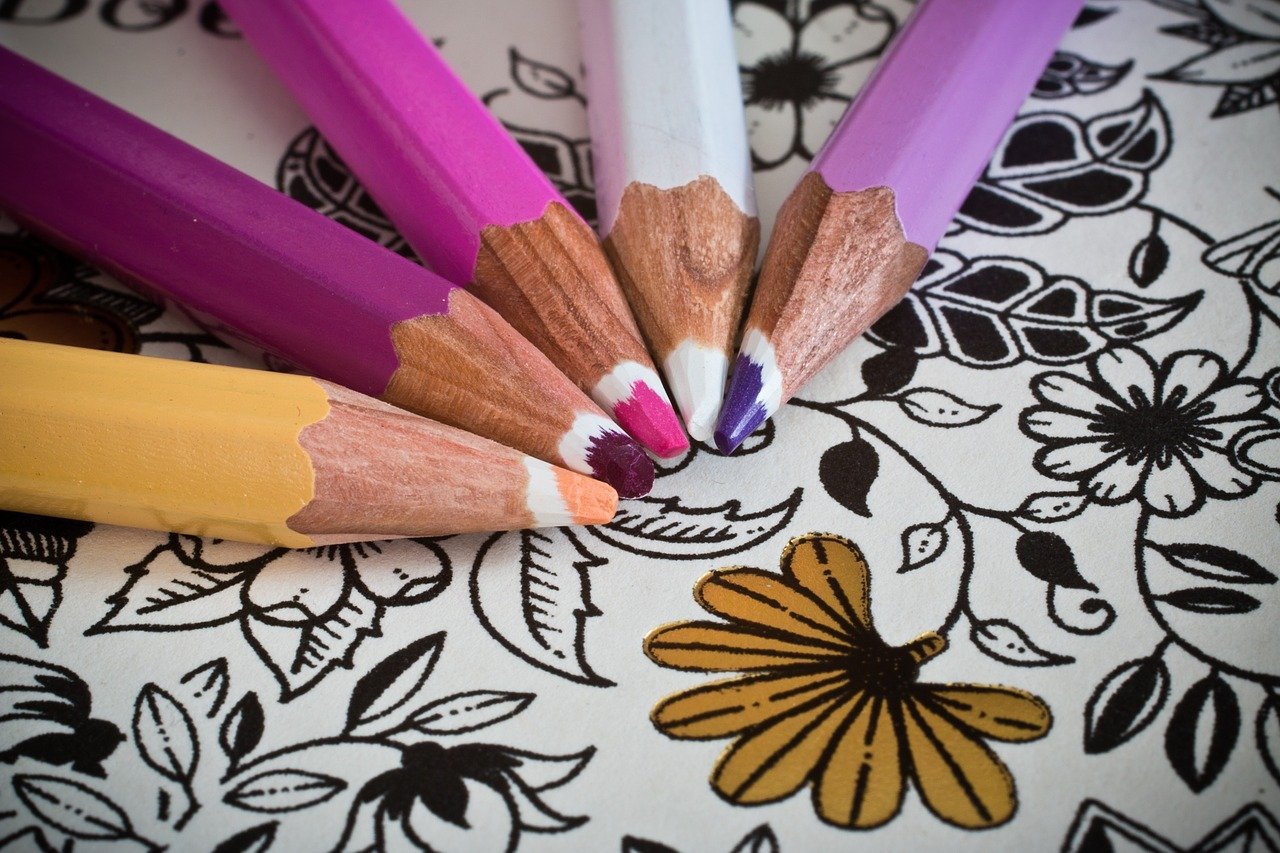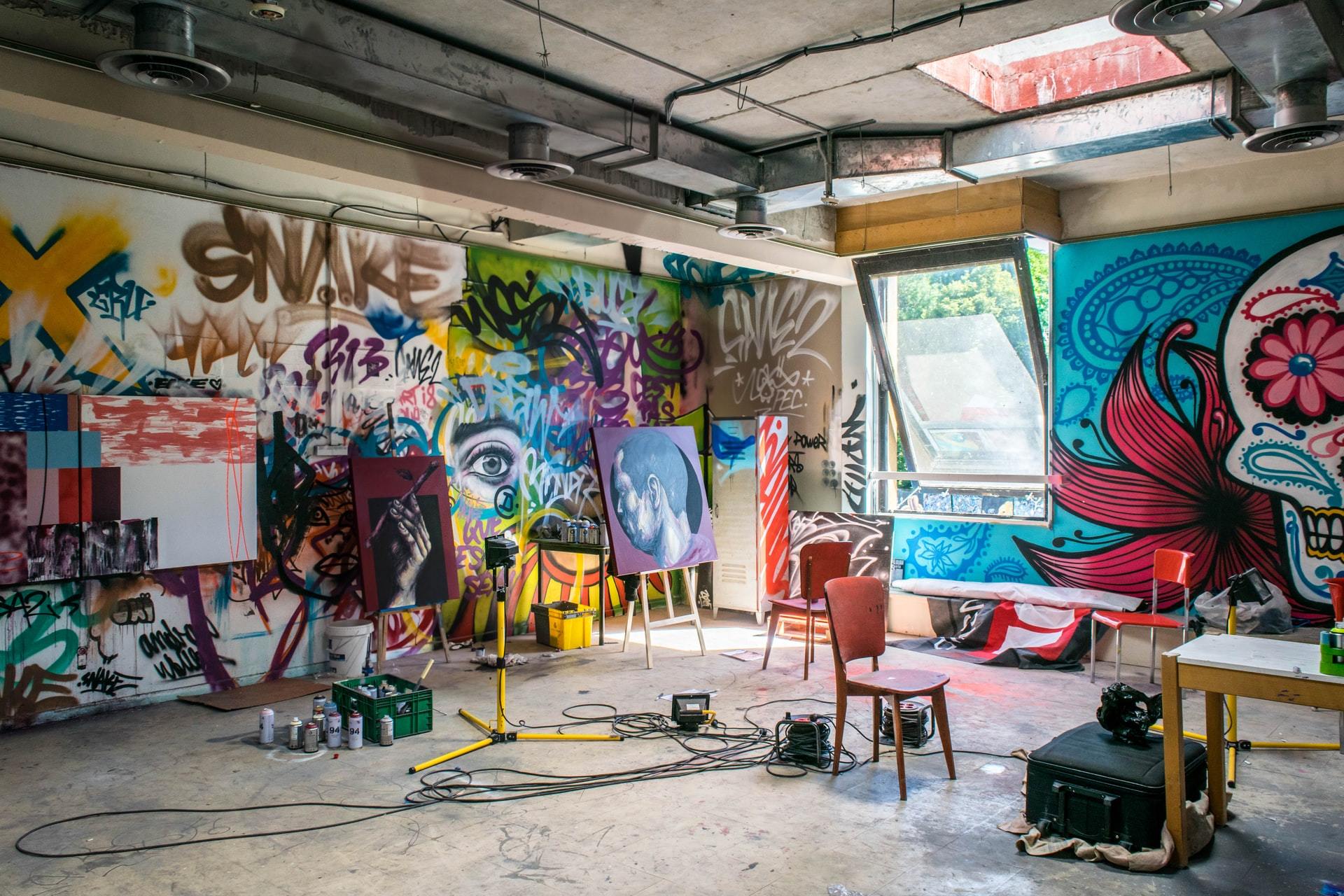
Best Creative Mediums to Use for Your Next Art Project
Innovation is an artist’s best skill. As an artist, it is inherent for you to explore different creative mediums to create unique pieces of art each time you make one. Since the early stone age, making art has been common to humans when prehistoric people used different mediums to communicate and express important events. At the time, the mediums that they used were anything pigmented and natural in their surroundings. Fast forward to the 13th century, fresco, the first-ever painting medium was created. Now that we live in the modern era, conventional and non-conventional art mediums are being used. The use of different mediums represents a portal to create a masterpiece.

We all know the basics-- acrylics, oils, watercolor, tempera, pastels, chalks, and inks. But how about the ones that aren’t really used by a lot of artists? For your artwork to become a masterpiece, you ought to think outside the box. There’s nothing wrong with using the traditional art supplies that we commonly use. But adding other materials and objects and mixing them with the traditional? That’s even better. In today's art world, creative mediums are beyond conventional. It’s all about being avant-garde, sophisticated, and exceptionally unconventional. This article will help you explore different artistic mediums that you can use and incorporate with your artworks for you to try something new and different. Thus, unconventional art supplies will also, help your art stand out from the rest. What are the unconventional ones to try? Let’s find out by continuing to read the article.
Exceptional and Unconventional: Unique Creative Mediums That You Should Try
1. Gold leaf:
Adding gold leaf to paintings has been around for as far back as the Byzantine period and Middle Ages. The medium was popularized due to Early Christian art wherein gold leaves were used to embellish picture frames, statues, and paintings. The trend of putting a gold leaf in art never seems to fade away as most people these days add such mediums to create an accent, add texture, and more value to their artworks.

2. Magazine cut-outs:
We’ve been creating art collages since we were in nursery or kindergarten. Cutting out pieces on magazines and newspapers that we like and gluing them all together in one piece. So, if it is so common and easy, why does this belong on the list? Well for starters, many artists are doing this popular “mixed media” painting where they use different creative mediums to give depth, texture, layers, and drama to their artworks. Unlike making a collage, mixed media allows you to go beyond your comfort zone and experiment with other materials, not just limited to magazines and glue.

3. Assemblage:
Similar to making a collage, the art of assemblage involves incorporating different objects into your canvas. Unlike collages, though, assemblage uses three-dimensional objects and materials. Random objects that you see such as yarn, rope, tissue paper, and so forth are used in assemblage to tell a story. Other objects such as doilies, fabrics, beads, and jewelry are also used to give texture and dimension to the canvas. You can practically put anything you want, but remember the important principles of design: balance and harmony.

4. Coffee beans/grounds:
Creative people always find creative ways to send their messages to people. There are a lot of ways to use coffee beans or coffee grounds as a creative medium for your art project. First, you can dissolve used coffee grounds in water to make your own coffee painting. The lesser the water, the more intense the color. On the other hand, you can also incorporate the grounds to create texture in your canvas. This creative medium is one of the best out there because it’s long-lasting, affordable, and you can even get it for free if you ask for used coffee grounds from coffee shops. It’s a fun and creative way of recycling at the same time.

5. Mixed media (wet and dry medium):
A lot of artists combine different mediums, both wet and dry, to create interesting effects on their canvas. Mixing oil paint and acrylics creates unique textures and perfect harmony of blended colors that cannot be produced by using one medium solely. Some people use pastels and dilute them with a small amount of water to create soft, luscious, and smooth paint on their own. The medium can also be superimposed on paint so long as you wait for the paint to dry completely (also applicable in other types of dry mediums).

6. Altered books:
This is a different variation of mixed media wherein an artist modifies an old or recycled book and turns it into a unique piece of art. The book is modified and altered depending on the artist’s choice. Some artists draw, paint, and use different types of creative mediums to create an image. Meanwhile, other artists cut, tear, and fold the pages of the book to create a three-dimensional sculpture.

7. Dried pressed flowers:
We usually draw our inspiration from nature when it comes to making artworks. So many flowers of different colors, shapes, and sizes are found anywhere you look. So many people buy artificial flowers to decorate their scrapbooks when they can actually make pressed flowers by themselves just by picking flowers, laying them flat inside a book, and putting weight on them with heavier books, and waiting for 2-3 days. Once dried and pressed, you can preserve using resin, put it in a frame, incorporate it with your painting, etc. The choice is yours!

Key Insights
Creating artworks is all about experimenting and broadening your horizons. If you’re the type of artist who has worked on the same medium for years, then this is the sign for you to step out of your comfort zone. There are so many outcomes that a regular medium alone cannot produce. If you want to create a masterpiece, consider trying the list of the creative mediums we have provided to you in this article. Also, don’t forget to explore more mediums to create unique and different artworks every time. Have fun making art!


